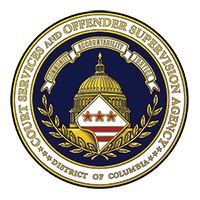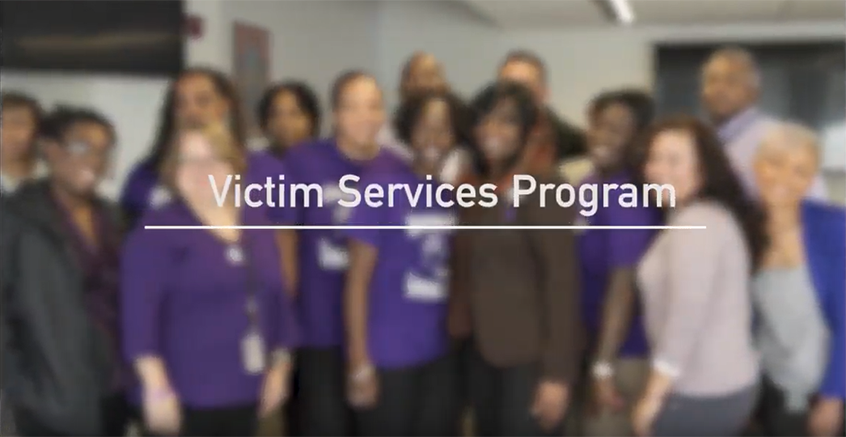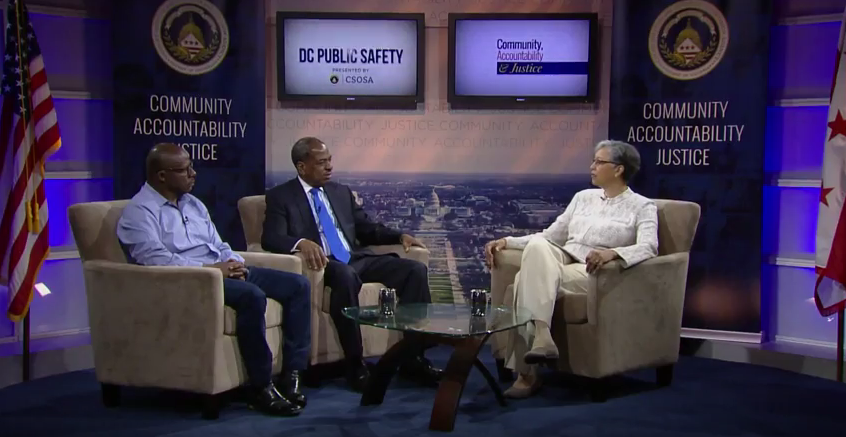The Court Services and Offender Supervision Agency (CSOSA) has launched “Hire One,” a new campaign to directly connect area employers with a pool of talented people who are ready, able and eager to work: justice-involved men and women who hope to get a second chance.
The “Hire One” initiative aims to team employers with an untapped and under-utilized talent pool. CSOSA supervises thousands of people on probation, parole or supervised release in the District of Columbia. Gainful employment is the cornerstone of stability and growth. Too often those that have been justice-involved are marred by their past transgressions. The path towards redemption and restoration starts with an opportunity.
Businesses that have hired CSOSA referrals have praised the commitment and loyalty these new employees bring to the workplace. Now, in an expansion of its longstanding job placement efforts, CSOSA is asking area employers to commit to hiring one of the Agency’s referrals, confident that they’ll be asking for even more new candidates once they do.
“Our Agency has the talent pool, training resources and partnerships to provide employers with the right match,” said CSOSA Director Richard Tischner. “We have a proven track record of placing people in all kinds of work, with men and women of all skill levels. We will be partners throughout the ‘Hire One’ process and follow up afterwards to make sure all needs are met. The result is a win-win for everyone, benefiting the employer, the new hire, and the community.”
Director Tischner announced the program on October 1, at the annual conference of the D.C. chapter of the Society for Human Resource Management (SHRM). CSOSA has been working with SHRM and its nationwide “Getting Talent Back to Work” initiative. At the conference, CSOSA premiered a “Hire One” video as part of a panel discussion featuring some of its many partners.
The outreach to SHRM is part of a broader effort in which Director Tischner and other CSOSA leaders will meet with businesses throughout the D.C. area to recruit them into the program.
SHRM has been a leader in second chance hiring. In his keynote remarks to the conference, SHRM President and CEO Johnny C. Taylor, Jr., thanked the D.C. chapter’s HR professionals for the work they’ve already done on this issue, adding that it the cause is “near and dear to my heart.”
“We need great workers,” Mr. Taylor said, adding that “people make mistakes” and deserve another chance. “We know we can make a difference for our community, these individuals, and their families,” he said.
More information about CSOSA’s Hire One initiative can be found in a brochure, “Hire One: A Call to Action,” as well as in a one-page Hire One Fact Sheet. Questions also can be directed to Vocational Development Coordinator Tony Lewis at 202-369-0775 or tony.lewis@csosa.gov.





